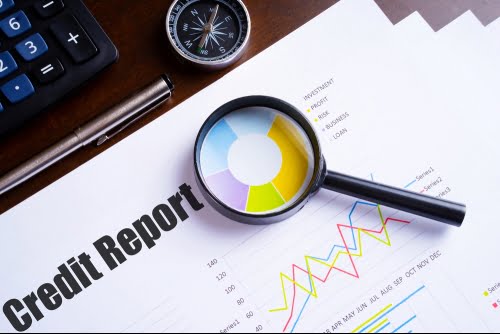Bankruptcy is a significant legal endeavor that can provide substantial
benefits to individuals and families struggling financially. Thanks to
the automatic stay and discharge of debts provided by consumer bankruptcy
– including Chapter 7 and Chapter 13 bankruptcy – those inundated
by insurmountable debt loads and financial concerns can secure the fresh
start and cleared path needed to obtain a brighter future.
While bankruptcy has many benefits when it comes to debt relief,
foreclosure defense, and financial stability, consumers considering the process often have
many concerns and fears about their future. As bankruptcy lawyers who
serve residents across the Dallas – Fort Worth area and beyond,
our team at Allmand Law Firm, PLLC has heard them all – especially
those related to public records of bankruptcy filings.
It is important to understand that bankruptcy filings are public, which
means that records of your bankruptcy case can be obtained by the general
public as part of publically available court documents. However, it is
also important to consider that just because bankruptcy records are public,
does not mean that everyone will see them or even care to look for them.
Bankruptcy & Your Future
Bankruptcy comes with many myths and misconceptions regarding its impact
on one’s future. Under the U.S. Bankruptcy Code – which was
intended to help consumers struggling with debt, not punish them –
bankruptcy is designed to NOT be a ruinous or permanent scar that hinders
your future. Instead, it’s effects are temporary and how it affects
your ability to obtain credit, loans, and other forms of financial transactions
not only depends on unique circumstances, but also becomes easier over
time as you establish better credit.
For the most part, the general public will not care about viewing your
bankruptcy records. Records of your filing – usually in the form
of information provided on a credit report – will largely only be
of use to creditors and lenders who extend loans and lines of credit based
on your financial background. Although a bankruptcy filing can remain
on your credit report for up to 10 years (or less in some cases), you
can still obtain credit and loans and improve upon your credit score.
In previous blogs, we have gone into depth about
bankruptcy’s effects on credit and how filers can
rebuild their credit after bankruptcy.
A Financial Fresh Start
Concerns about privacy and bankruptcy filings often stem from feelings
of shame and embarrassment. While understandable, consumers should take
comfort in knowing that although bankruptcy records are technically public,
they will largely remain private and only used by creditors who you provide
content to pull your credit report, creditors listed in your case, and
on any applications or instruments where you choose to personally disclose
the information.
What’s more important than worrying about your past and previous
financial struggles is your new financial fresh start. With bankruptcy,
you have the opportunity to gain control of your finances, make payments
toward pre-existing debt that can allow you to save your home and property,
and / or benefit from a discharge that frees you from insurmountable debt
loads. With this cleared path, you can better navigate toward a brighter
financial future, and one in which you can expound upon the benefits of
bankruptcy.
Call today for a free consultation
Allmand Law Firm, PLLC addresses concerns like these and many others on a daily basis when clients come to use during their times of need. If you have questions about bankruptcy, your current situation, and how our legal team can help you explore options for debt relief, contact us for a FREE financial empowerment session!
